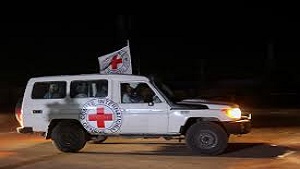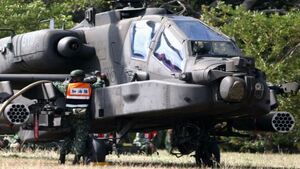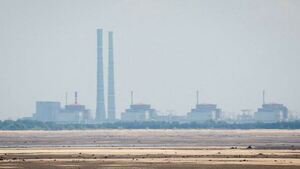Despite clear evidence of serious human rights abuses, justice remains out of reach for those affected by the conflict.
The violence erupted in early June 2000, when Ugandan and Rwandan troops, who had been stationed in Kisangani following the First DRC war, turned their weapons on each other. What began as an uneasy alliance quickly descended into intense fighting in densely populated neighbourhoods, resulting in indiscriminate firing that killed hundreds and injured thousands.
Tigere Chagutah, Amnesty International’s Regional Director for East and Southern Africa, said the recent report by the organisation highlights how victims of this forgotten war continue to be denied justice, truth, and reparations. The war itself was rooted in complex disputes over territory, borders, and control of the region’s rich mineral resources. Both Ugandan and Rwandan forces had initially supported the new government of Laurent-Désiré Kabila, who came to power after the fall of Mobutu Sese Seko. However, the breakdown of this alliance culminated in deadly clashes that devastated Kisangani.
Unfortunately, no thorough investigations have been conducted to determine who within the Ugandan and Rwandan armies ordered the attacks, leaving victims without accountability. The impunity surrounding the conflict has only emboldened foreign and Congolese forces, contributing to ongoing human rights abuses and a protracted humanitarian crisis in eastern DRC.
The DRC brought a case before the International Court of Justice gainst Uganda and Rwanda. Uganda participated in the proceedings and was ordered to pay reparations of over $300 million. These payments began to be distributed in 2024 under the management of the Free Val agency. Rwanda, on the other hand, refused to appear before the court. Despite the ruling, the reparations process has been plagued by allegations of corruption and mismanagement, with many victims still waiting to receive compensation. Recent investigations even led to the dismissal of the agency’s leadership amid claims of embezzlement.
More than 50 people affected by the conflict were interviewed by Amnesty International, revealing stories of individuals living with physical disabilities, psychological trauma, and emotional scars. Families were torn apart and breadwinners lost, leaving many trapped in poverty and despair decades after the fighting ended. Chagutah noted that for many victims, hope has all but vanished, and the deep wounds of the war continue to affect their lives.
As Kisangani marks a quarter-century since the Six-Day War, calls for genuine accountability, transparency, and reparations are growing stronger. Without meaningful action, the cycle of suffering in eastern DRC is likely to continue, leaving its people yearning for justice and peace that has so far been denied.
--ChannelAfrica--













